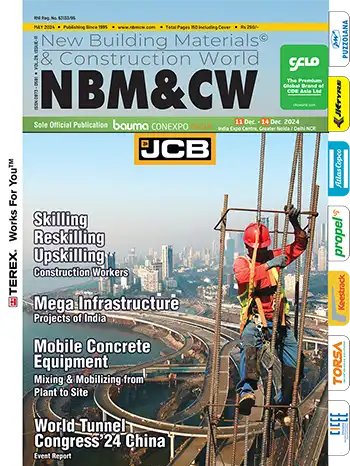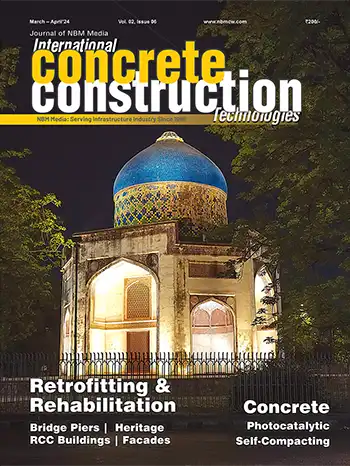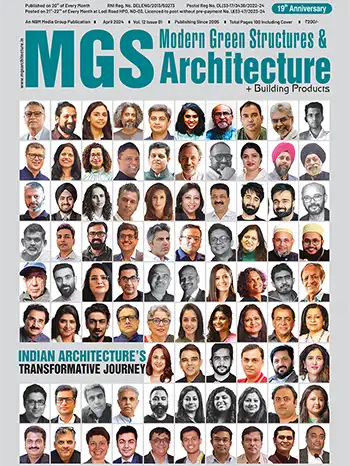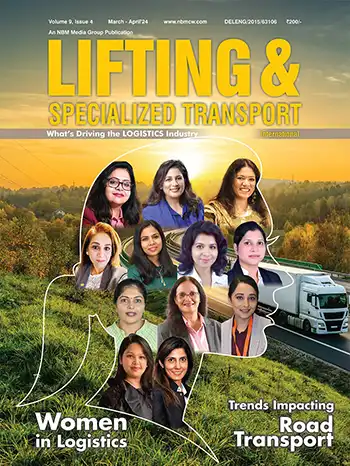Novatr: Shaping a Future-Ready Construction Workforce
India's booming infrastructure and real estate sectors are facing an acute shortage of skilled workers. The construction sector contributes nearly 18% to the total economic output and is highly correlated with the economy’s GDP growth. Hence, as India seeks to achieve a GDP growth target of USD 7 trillion by 2030, the construction sector as well will grow in tandem. According to TeamLease Services data, India is grappling with an alarming shortage of about 35 million skilled workers in the construction sector. This gap widens due to several factors specific to the Indian context:
- High dependency on manual labour: The industry relies heavily on manual labour, and many workers lack formal training, hindering their ability to adapt to new technologies and advancements.
- Mismatch between education and industry needs: Educational programs often fall short of equipping graduates with the specific skills demanded by the construction sector.
- Perception of construction work: Manual labour is often perceived as low-paying and lacking career prospects, discouraging youth from pursuing this field.
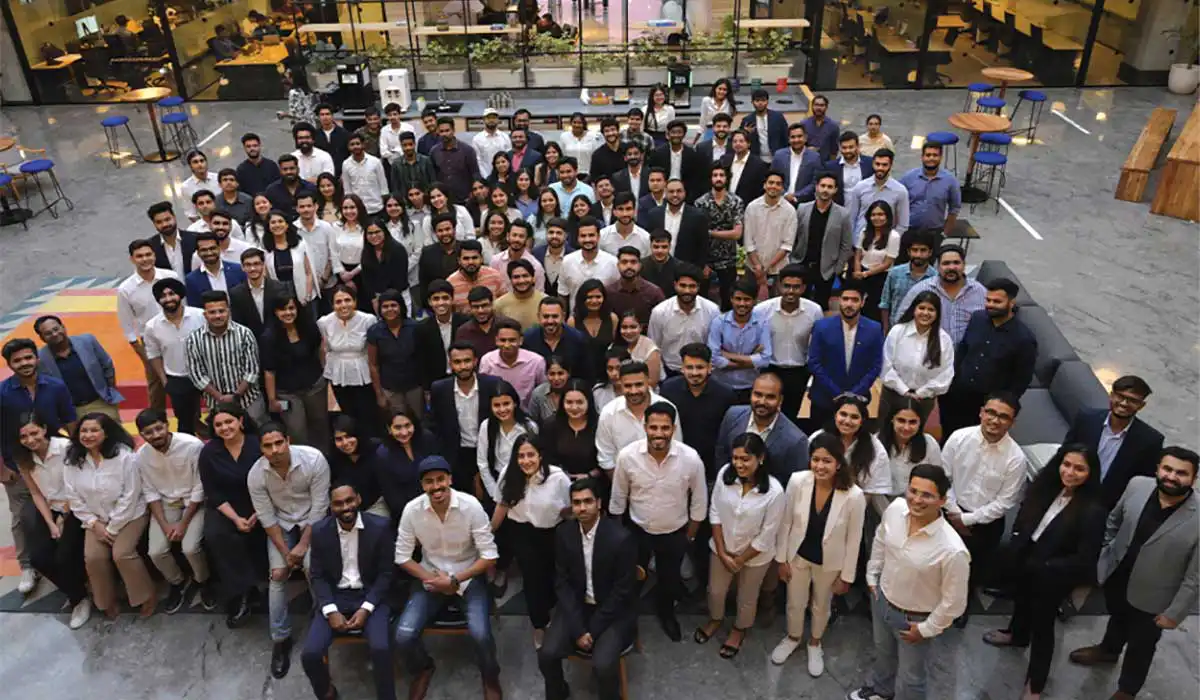
Bridging the skill gap in India's construction industry requires a multi-pronged approach: Government initiatives like the Pradhan Mantri Kaushal Vikas Yojana (PMKVY) offer industry-specific training programs to create a new generation of skilled workers. Collaboration between the government and private sector can foster the creation of specialized training institutes and apprenticeship programs. Furthermore, upskilling and reskilling the existing workforce through targeted training programs ensures they stay updated with the latest advancements in the field. By implementing these measures, India can address the skill shortage and empower its construction industry to achieve its full potential.
Novatr offers a diverse range of courses designed to empower and upskill workers in the architecture and civil engineering fields: Our flagship program–BIM Professional Program for Architects V2.0, provides a comprehensive understanding of Building Information Modeling (BIM) alongside our Master Computational Design Course, emphasising advanced computational skills. Tailored specifically for civil engineers, our BIM Professional Course for Civil Engineers delves into industry-specific applications.
Our future-forward curriculum integrates cutting-edge tools such as Forma, Dynamo, and core skills like 4D, 5D, and 6D BIM, aligning with industry demands. Committed to immersive learning, our hands-on offline experiences through bootcamps ensure practical application and mastery. As a result, our programs stand at the forefront, delivering an unparalleled blend of theoretical knowledge and practical skills for professionals seeking to thrive in the evolving landscape of architecture, engineering, and construction.
At Novatr, our curriculum is meticulously crafted to address the dynamic landscape of evolving technologies in the Architecture, Engineering, and Construction (AEC) industry. Our mission revolves around bridging the gap between traditional AEC education and cutting-edge technology, ensuring that professionals acquire tech-first skills to stay abreast of industry advancements.
To achieve this, our platform is designed to democratise access to essential tools, state-of-the-art technology, and live mentors, fostering a vibrant global learning community. By providing a seamless learning experience, we empower professionals to navigate the ever-changing technological landscape within the AEC sector.
Our courses are outcome-driven to empower learners with industry-relevant, tech-first skills that top AEC companies are looking for: Our dedication to producing tangible learning outcomes is reflected in the placement success of 200 individuals across cohorts, with an average salary hike of over 107%. These accomplishments are deeply embedded in the core principles of our Novatr programs – habit-building, curiosity-building, and confidence-building. Our emphasis on content, experience, and outcomes continues to drive our mission to empower AEC professionals globally.
At the core of our curriculum are courses strategically developed to be ahead of the curve, offering advanced technological modules that align with the latest industry trends. We recognize the pivotal role of BIM in driving transformative change within the industry, and our courses reflect a commitment to harnessing its potential.
A significant milestone in our recent innovation journey is the Beta launch of the Career Navigatr. This tool is specifically designed to assist AEC professionals in choosing their optimal career path by providing tailored learning materials. The overwhelmingly positive customer satisfaction score of over 96% underscores the effectiveness of this groundbreaking initiative.
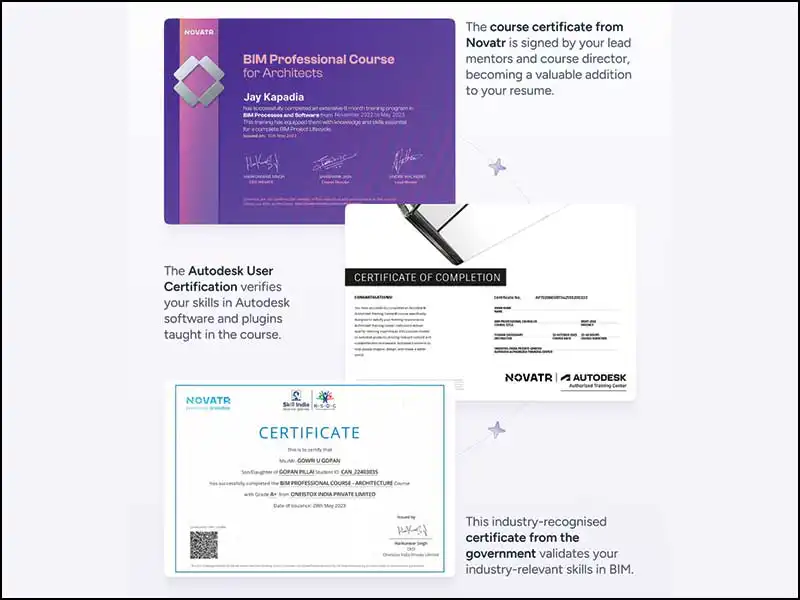
With over 5000+ empowered graduates and an impressive 93% placement rate, Novatr remains dedicated to accelerating the adoption of technology in the AEC sector. We firmly believe that staying at the forefront of technological evolution is key to unlocking greater achievements in the AEC field.
We have strategic partnerships with NSDC and Autodesk, aiming to empower over 40,000 learners, addressing the critical skills gap in AEC and contributing to the solution for the high graduate unemployability rate among engineers. The partnerships focus on delivering outcome-driven, industry-relevant, and tech-first skills to bridge education gaps and improve learners’ employability and credibility in the AEC industry.
The partnership with NSDC and Autodesk will offer co-branded certificates upon successful completion of courses. Addressing the global annual loss of $1.6 trillion due to productivity challenges in the construction industry, this initiative seeks to combat sluggish technology integration and insufficient upskilling within AEC. To elevate the standards further, we are diligently pursuing accreditation from global bodies, ensuring that their BIM courses meet industry benchmarks and provide learners with a recognized and valuable skill set for a strong CV.
With Novatr as an Autodesk ATC (Authorised Training Centre), the mentors and guides can also become Autodesk Certified Instructors (ACI) at zero cost.
We collaborate closely with experienced professionals and experts from the AEC industry, who offer valuable insights, practical knowledge, and hands-on training sessions to our learners: By integrating real-world expertise into our curriculum, we ensure that our learners gain not only theoretical knowledge but also practical skills that are directly applicable in the industry. This collaborative approach enhances the overall learning experience and prepares our learners for success in the competitive AEC sector.
The shortage of skilled workers underscores the pressing need for collaborative efforts between the government and industry, especially considering that 48% of Indian employers report difficulties filling job vacancies due to talent shortages. The key challenge lies in accurately identifying the right skill gaps to make a substantial on-ground impact.
However, pinpointing these gaps is complex due to the diverse nature of industries and evolving job requirements. A streamlined and data-driven approach is crucial to ensure targeted interventions. Additionally, aligning educational curricula with industry needs is essential to produce job-ready individuals. The lack of awareness and accessibility to skill development programs also poses a challenge, requiring concerted efforts to reach remote areas and marginalised communities. Furthermore, enhancing the quality and relevance of vocational training is pivotal for effective skill development.
Despite these challenges, there are opportunities for employers, as 36% of Indian employers choose to develop and train their own people. The India Skills Report 2023 reveals that while overall employability has improved to 50.3%, a significant portion of the workforce still lacks industry-specific skills. Therefore, strategic planning, data-driven insights, and inclusive outreach are essential to bridge the existing skill gap and foster a skilled workforce for India's sustainable growth.
NBM&CW - May 2024















